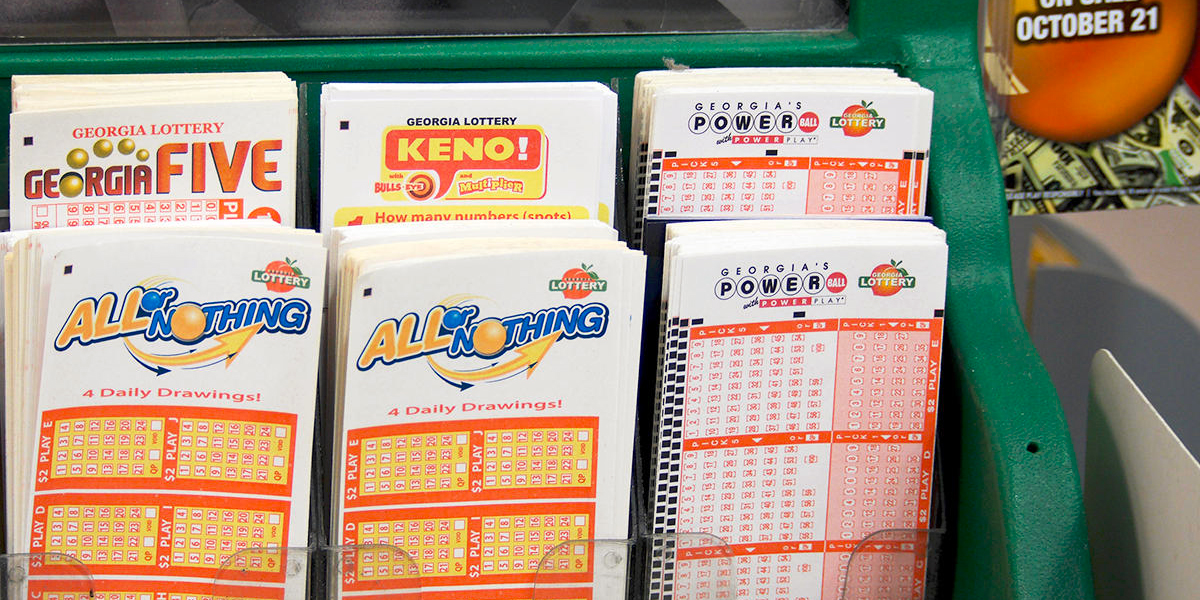Officials Want More Of Ga. Lottery’s Record Profits To Fund Education

Dan Raby / WABE
An audio version of this story
The Georgia Lottery hit the jackpot with record profits this fiscal year, so it’s transferring a record $1.1 billion to state education programs.
The state lottery was set up in 1993 to provide “as nearly as practical” of 35 percent of its proceeds for HOPE scholarships and pre-K programs.
Though it’s the largest transfer in the lottery’s history, a state audit found it’s been falling short of the goal and could be doing more.
During a press conference in January, Republican State Senate Majority Leader Bill Cowsert announced he would work to increase the amount the lottery provides towards education.
“When it was established, it’s in code that it should deliver 35 cents on each dollar spent on lottery tickets back to be spent on HOPE and Pre-K programs, which are funded through that,” Cowsert said. “And over the years that percentage has decreased, and now it’s well below 25 percent, and so the lottery board is not complying with the law and we intend to increase that profitability by reducing the payouts on that and the overhead costs.”
“The lottery has had strong growth for all of its history. I think what legislators have tried to do is put in some safeguards so that if the lottery ticket sales go down, it will not hurt the overall lottery,” said Jennifer Lee, a policy analyst with the Georgia Budget and Policy Institute. “There’s a certain level of risk that legislators don’t want to take to endanger the lottery, but then the tradeoff is to have more dollars transfer for education programs.”
State Sen. Fran Millar called the Georgia lottery a “sacred cow,” and said they do want to be careful with the impact on sales if prize payouts are reduced to put more money towards education. He co-sponsored the bill with Cowsert to mandate a certain percentage of lottery profits go to the state.
“With a billion dollars of reserve, I think it’s important that we get as much money back as possible to these young people,” Millar said. “You know, we’ve got pretty high student debt in this nation and when I see young people having to drop out because they can’t afford $600 to $700, this will hopefully make a big difference.”
The Georgia Lottery reserve fund currently has about $1 billion, double the $500 million requirement it’s mandated to keep on hand for emergency situations. Millar said many students have trouble keeping the HOPE scholarship after their first year of college because of the academic requirements.
“If the amount of money available increases, it doesn’t necessarily impact students right away,” Lee said. “The Legislature still has to make changes to the HOPE program through separate legislation to change the amount of scholarships, change the eligibility requirements.”
The bill passed the Senate and is now in the House. It would require the lottery to give back 28.5 percent.
In fiscal year 2016, the lottery had more than $4 billion in ticket sales.
The Georgia Lottery Corporation did not provide an amount it earned in ticket sales for fiscal year 2017.
9(MDAxODM0MDY4MDEyMTY4NDA3MzI3YjkzMw004))








